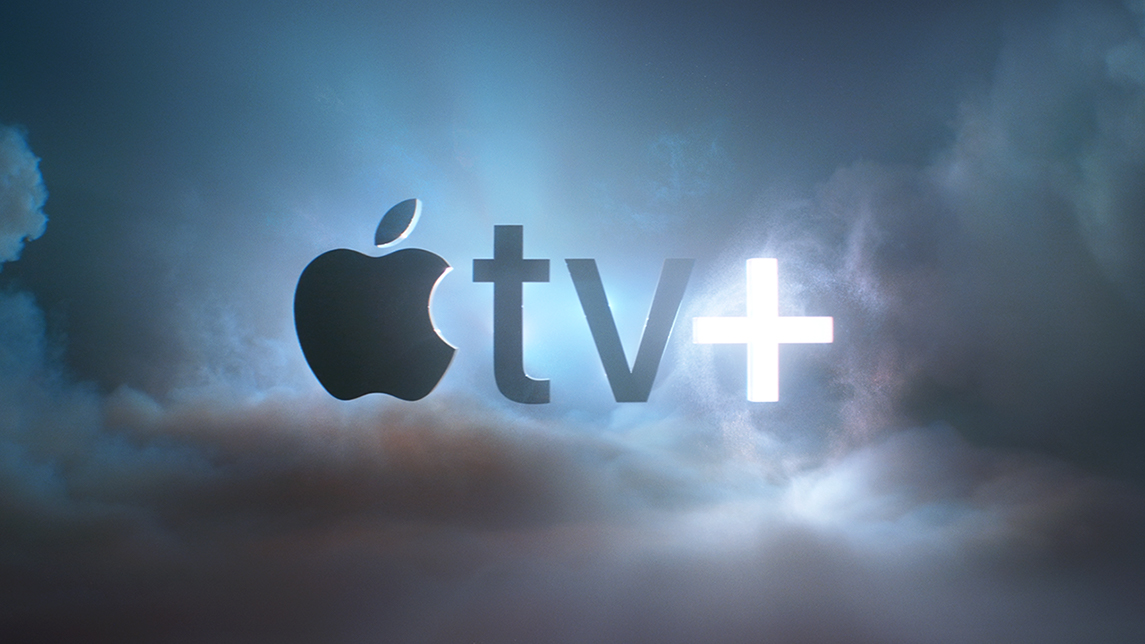Apple plans to cut back on spending for producing and acquiring content for its Apple TV+ streaming service as it fails to capture a meaningful number of regular viewers in the United States and elsewhere, according to a new Bloomberg report.
Apple has spent over $20 billion on producing original content for TV+ and acquiring rights for big Hollywood projects since the service first launched in 2019. As viewership numbers fail to grow, Apple has opted to “refine its strategy” regarding production spending, with its services chief Eddy CueEddy Cue was born in 1964, in Miami, Florida. He is Apple's Senior Vice President of Services and one of the company's most senior SVPs since assuming his current position in 2011. Cue earned bachelor's degrees in computer science and economics from Duke University. In addition to his role at Apple, Cue serves as a member of Ferrari's board of... urging TV+ managers to exert more control over budgets and avoid overspending.
Since the launch of the TV+ service, Apple has become known for spending lavishly on its productions and acquiring Hollywood content. However, the company is now looking to change this strategy after spending over $500 million on projects like Killers of the Flower Moon and Napoleon with limited success. Apple also paid $250 to acquire the miniseries Masters of the Air, yet TV+ viewership numbers in the US stand at just 0.2 percent.

Discover new horizons, always connected with eSIM
Travel the world stress and hassle-free with the best eSIM service available. Enjoy unlimited data, 5G speeds, and global coverage for affordable prices with Holafly. And, enjoy an exclusive 5% discount.
To put that into perspective, Bloomberg claims that TV+ generates fewer viewing numbers in one month than what Netflix achieves in a single day, with Netflix now responsible for eight percent of US TV viewing figures.
The spending cut at TV+ can be seen as a wider shift within the industry as other studios also plan to spend more carefully on content production. Apple’s new strategy will see it pay less upfront to acquire new content, and the company will be more aggressive in canceling shows that fail to attract new viewers. In addition, the focus will shift away from “splashy programs” and “big stars” to something more sustainable.
For example, The Morning Show with Reese Witherspoon with Jennifer Aniston had each star being paid $1 million per episode in the first season, with that figure set to more than double for season four. Overall, Apple will spend $50 million on salaries for the cast alone for the show’s upcoming season.
Shows like Severance were also plagued by production snags due to the COVID-19 pandemic, causing the show to go over budget by $40 million. The writers’ strike last year also affected production for season two, with Apple forced to hire House of Cards creator Beau Willimon to help finish writing a few episodes, paying him millions of dollars in the process. Due to this, a single episode of Severance is now estimated to cost over $20 million.
However, Apple has learned from years of investment and is now striving to introduce more discipline and strategy to its Hollywood ventures. The company aims to eliminate what some refer to as the “Apple tax.” Given its valuation of over $3 trillion, many assume Apple can outspend any competitor.
The company has also postponed production on other shows, such as the science-fiction series Foundation, to keep the project within budget. Although work had begun on the upcoming season, the production was halted by the strikes. Consequently, Apple requested that the producers revise the scripts to accommodate the extra costs resulting from the delay.
Apple is also moving to license older content from other studios in a bid to build a catalog of movies and TV shows as original production can be time-consuming. The company has already begun moving forward with this plan and will further expand its back catalog in the future.





